
Q: How equal were medieval men and women in the workplace?
A: Medieval men and women had different roles and responsibilities, but when it came to daily work, there were instances of equality between them. In the peasant class, for example, women were not only doing the same tasks as men but also taking on additional responsibilities. In the context of middle-class, artisanal occupations, women played a significant role as well. If a person belonged to a guild, such as a glover, their wife would typically be involved in the same work, making gloves alongside her husband. Additionally, women were expected to handle bookkeeping and financial matters, which were considered feminine tasks at the time.
However, it's important to note that women were not always accorded the same level of respect and recognition as men, especially within guilds, which, in many cases, women were expressly forbidden from joining. If a woman's husband was a guild member and she assisted him in his craft, she could be brought into the guild after his death. But if she remarried, she would lose that guild membership, unless her new husband was also a guild member. This limited women's opportunities for advancement and representation.
There were some guilds that allowed women to become members, such as the guild that existed in Paris for bath-housekeepers, but even then, women still faced limitations in terms of climbing the ranks. They were excluded from the top-level decision-making committee, highlighting a gender disparity within these organisations. On the other hand, some professions, like silk-making, were dominated by women, and men were not allowed to be involved at all. In these cases, women enjoyed high levels of respect and expertise in their fields.
This story is from the August 2023 edition of BBC History Revealed.
Start your 7-day Magzter GOLD free trial to access thousands of curated premium stories, and 9,000+ magazines and newspapers.
Already a subscriber ? Sign In
This story is from the August 2023 edition of BBC History Revealed.
Start your 7-day Magzter GOLD free trial to access thousands of curated premium stories, and 9,000+ magazines and newspapers.
Already a subscriber? Sign In
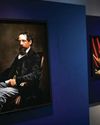
'Dickens's evocation of the fears, excitement and confusion of childhood is peerless'
DR LEE JACKSON ON WHY CHARLES DICKENS REMAINS RELEVANT TODAY
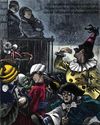
THE AUTHOR GOES ABROAD
Dickens expanded his horizons and boosted his fan-base by venturing overseas - but global fame came with a cost
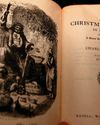
REVIVING THE FESTIVE SPIRIT
A Christmas Carol wasn't just a bestseller - it changed the way that Britons chose to mark the festive season
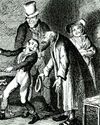
GIVING THE POOR A VOICE
From Hard Times to Oliver Twist, Charles Dickens used his pen to help illuminate the lives of the less fortunate
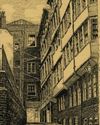
A JOURNEY THROUGH DICKENS'S LONDON
The works of Charles Dickens are synonymous with visions of Victorian London. We talk to Dr Lee Jackson about the author's love of the capital, and the locations that most inspired him
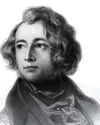
EXCEEDING EXPECTATIONS
Dr Lee Jackson chronicles Charles Dickens's journey from down-at-luck teenager to titan of Victorian literature
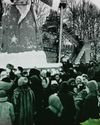
GIFTS, TREES & FEASTING
We take a journey through the photo archives to reveal how Christmas and its many traditions have been celebrated over the years - and around the world
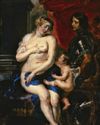
WHAT GREAT PAINTINGS SAY
We explore the story behind an allegorical painting that celebrates the triumph of love over hate, peace over war
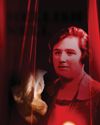
HELLISH NELL
Malcolm Gaskill delves into the life of Helen Duncan - the fraudulent Scottish medium whose ectoplasm-filled seances saw her ending up on the wrong side of the law

7 THINGS YOU (PROBABLY) DIDN'T KNOW ABOUT THE WHITE HOUSE
Presidential historian Dr Lindsay M Chervinsky reveals some of the most surprising facts about the world-famous US residence